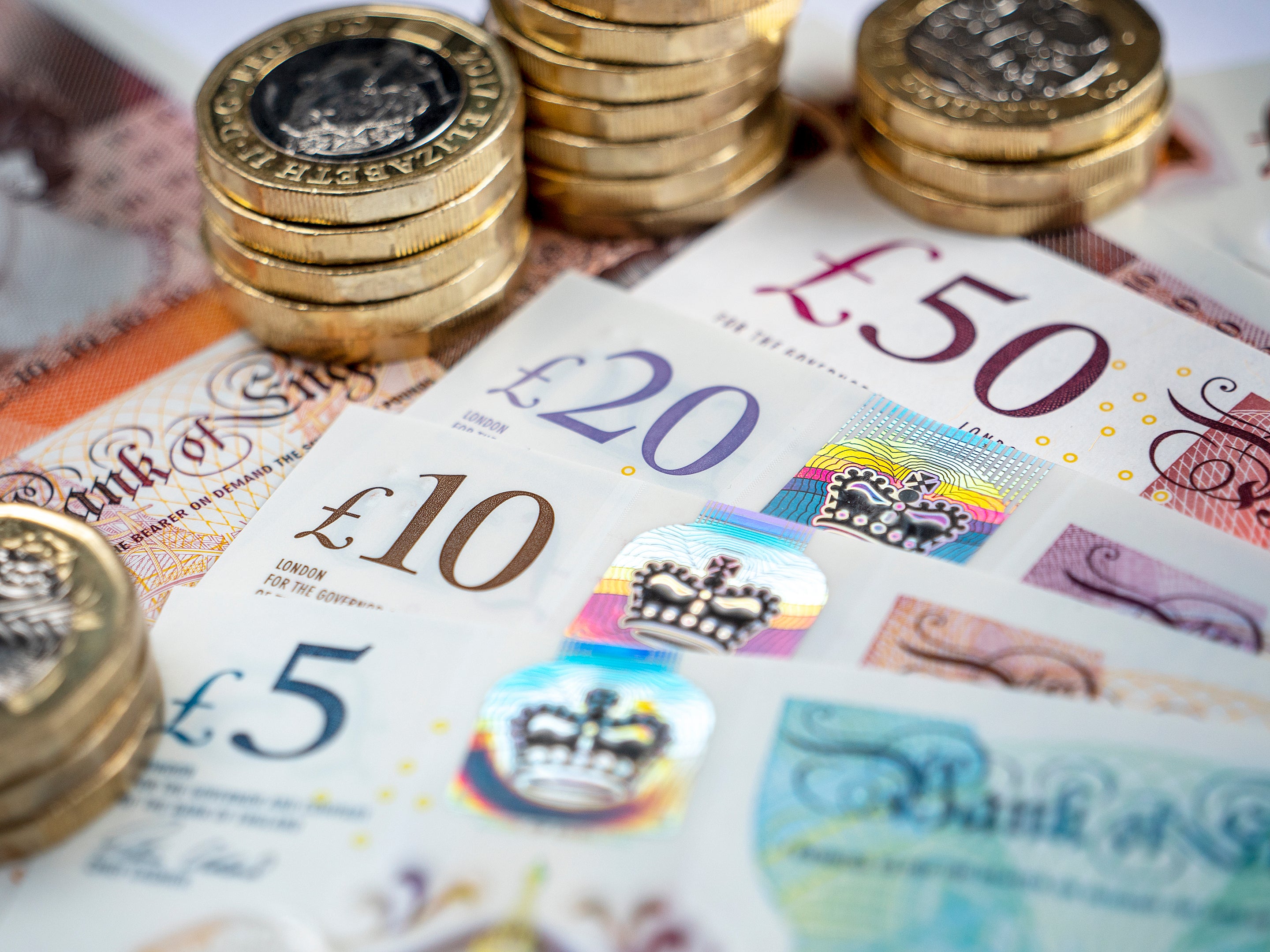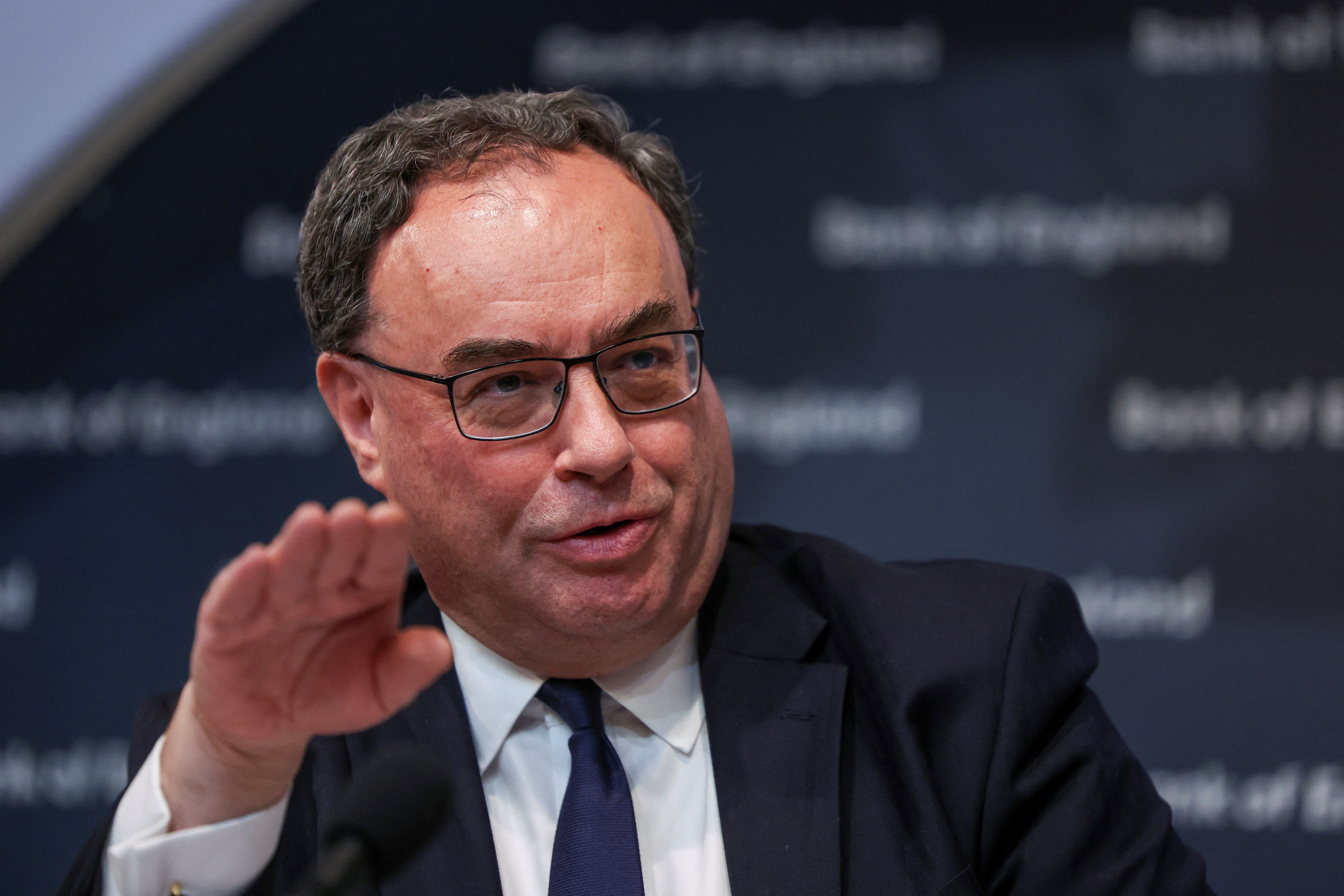
Britain’s economy rebounded back to growth in April following a dip in the previous month, official figures show.
Stronger consumer spending saw GPD increase by 0.2 per cent following a contraction of 0.3 per cent in March.
The return to growth was boosted by increased spending in shopping and hospitality and the latest figure was are line with economists’ forecasts for the month.
ONS director of economic statistics Darren Morgan said: "GDP bounced back after a weak March.

"Bars and pubs had a comparatively strong April, while car sales rebounded and education partially recovered from the effect of the previous month’s strikes.
"These were partially offset by falls in health, which was affected by the junior doctors strikes, along with falls in computer manufacturing and the often-erratic pharmaceuticals industry.
"House-builders and estate agents also had a poor month."
It comes as the Bank of England readies to further hike interest rates in a bid to tackle stubborn inflation, or rising prices, currently running at 8.7 per cent.
Analysts say the Bank could raise the base rate to 5.75 per cent when its monetary policy committee (MPC) meets next week, heaping further pain on mortgage holders and renters.
Data published on Tuesday showed that wages in the UK were rising quicker than expected, mounting pressure on the Bank to respond.
The figures showed wages grew at their fastest pace in two years with average weekly earnings, excluding bonuses, rising from 6.7 per cent to 7.2 per cent in the three months to April.

Meanwhile yields on short-term government bonds, used to set customer borrowing rates by lenders, have spiked even higher than during Liz Truss’ disastrous mini-Budget.
Much speculation surrounds the response of the MPC, with suggestions they may opt for a 0.5 percentage increase on the existing rate of 4.5 per cent.
Governor Andrew Bailey on Monday told peers in an assessment of the situation: “As I’m afraid this morning’s numbers illustrated, we’ve got a very tight labour market in this country.”
Ministers admitted the rising rates were a cause for concern but added that inflation was the “number one enemy”, and essential to tackle.
Responding to Wednesday’s economy figures, Labour’s shadow chancellor Rachel Reeves said: “Despite our country’s huge potential and promise, today is another day in the dismal low-growth record book of this Conservative government.
“The facts remain that families are feeling worse off, facing a soaring Tory mortgage penalty and we’re lagging behind on the global stage.”
Chancellor Jeremy Hunt said: “We are growing the economy, with the IMF (International Monetary Fund) saying that from 2025 we will grow faster than Germany, France and Italy.
“But high growth needs low inflation, so we must stick relentlessly to our plan to halve the rate this year to protect family budgets.”







